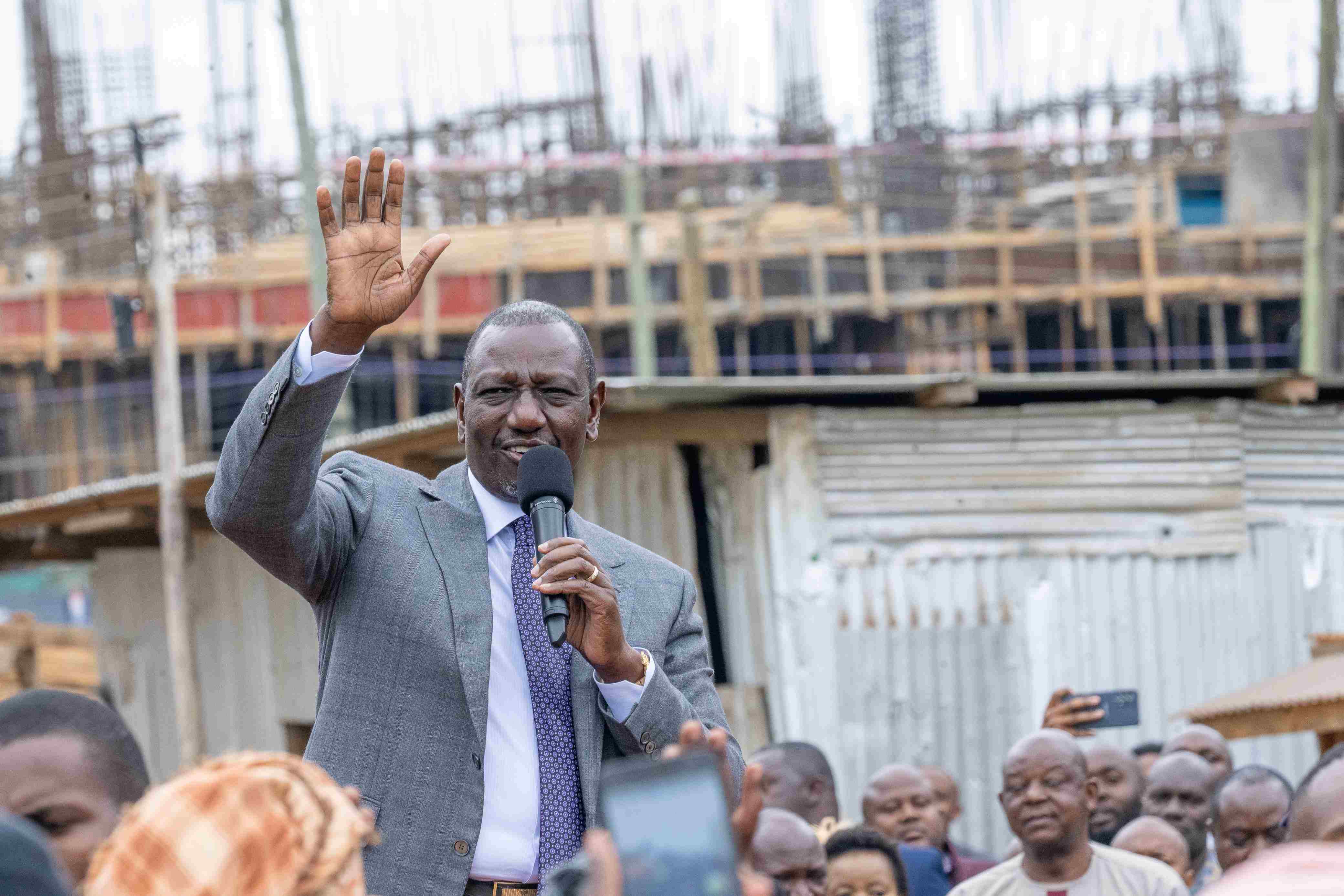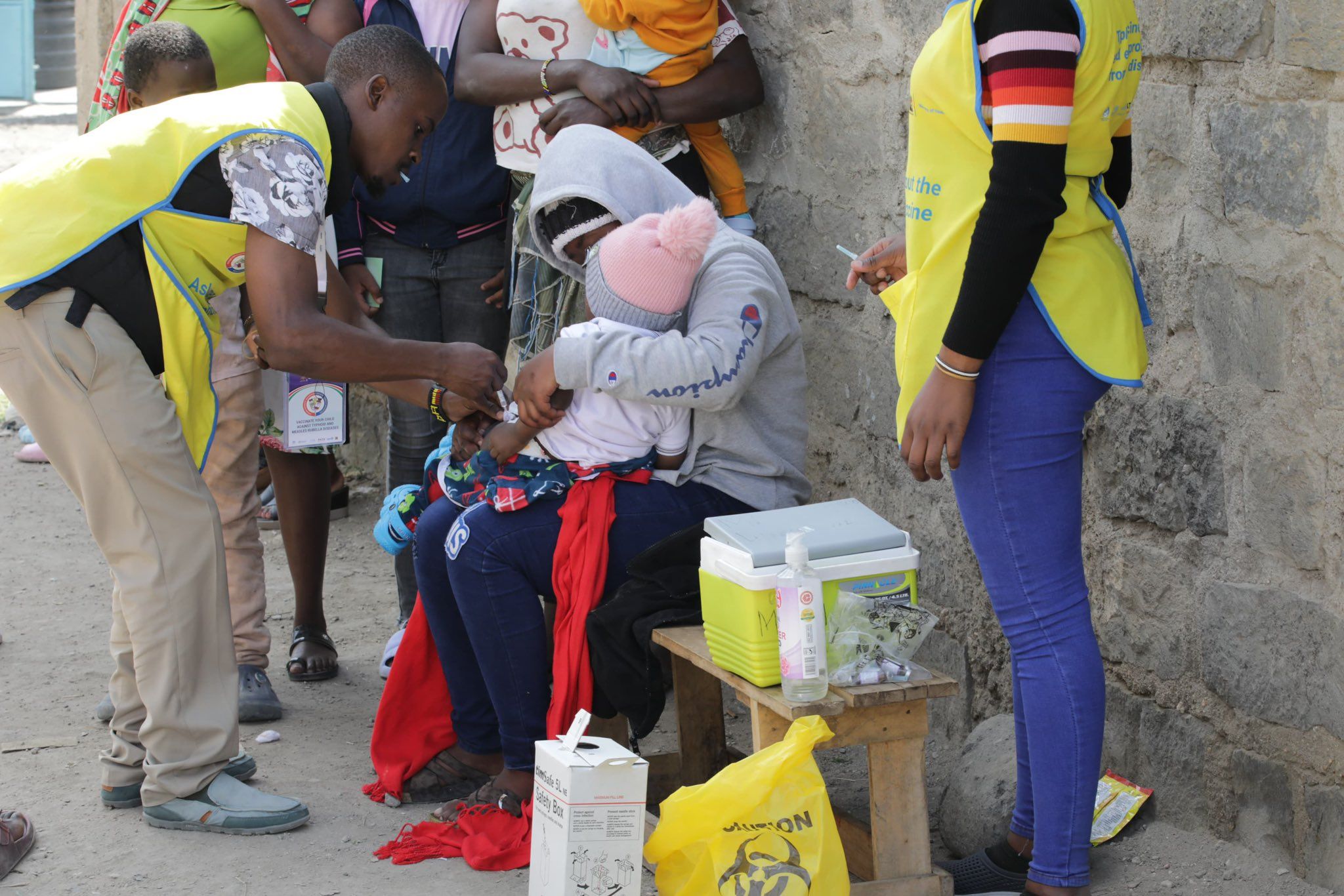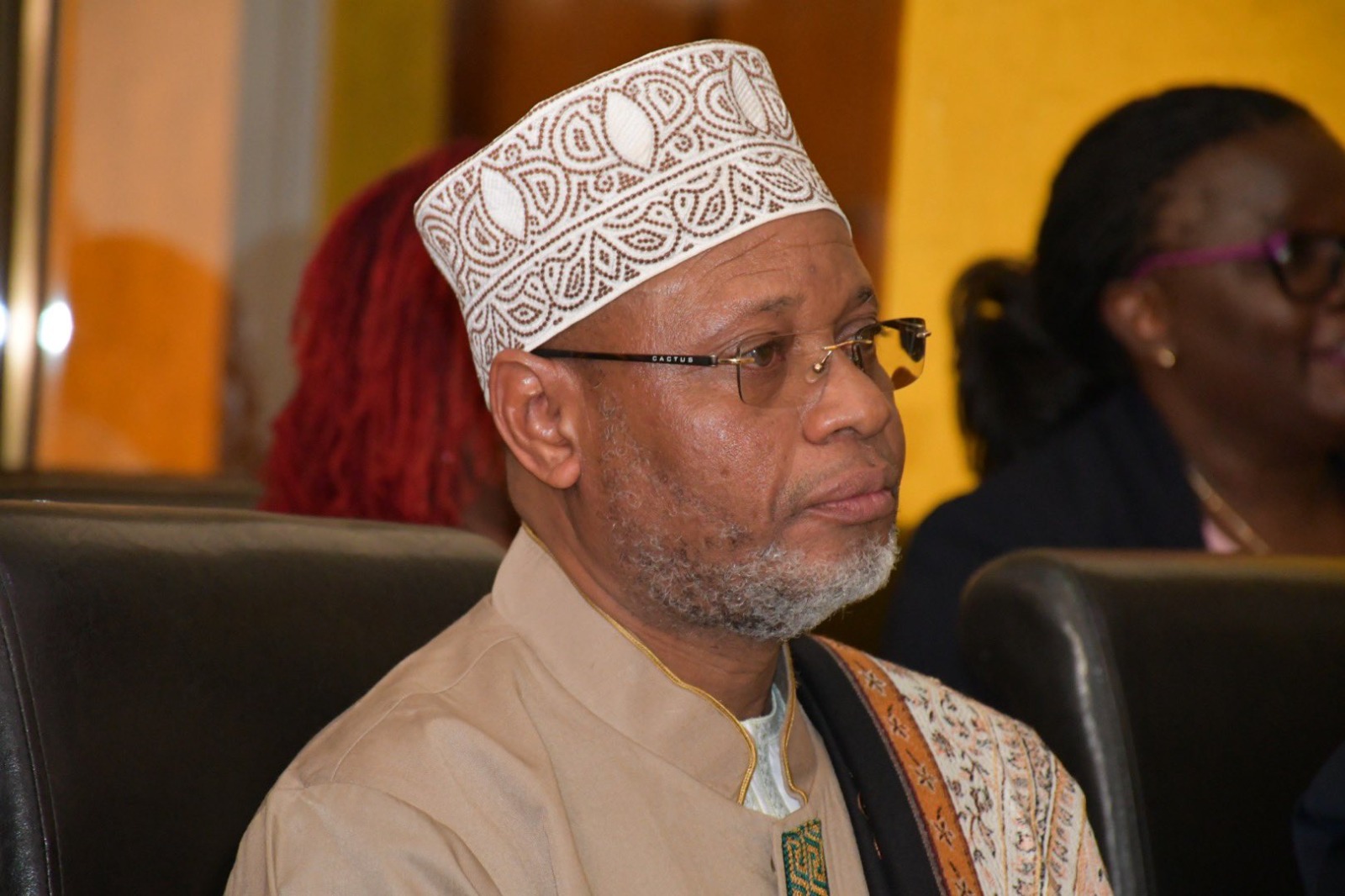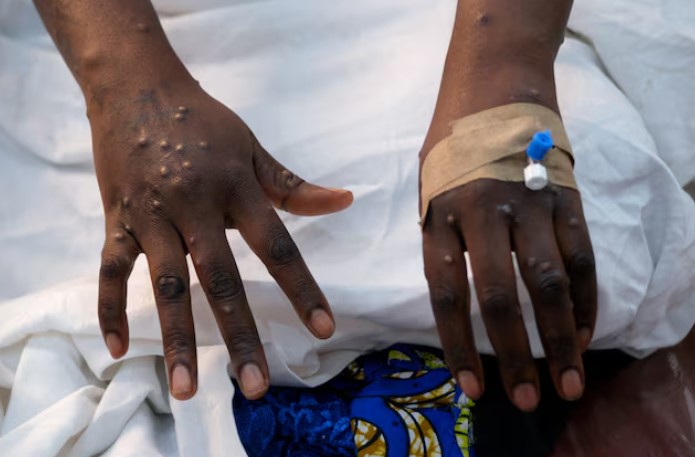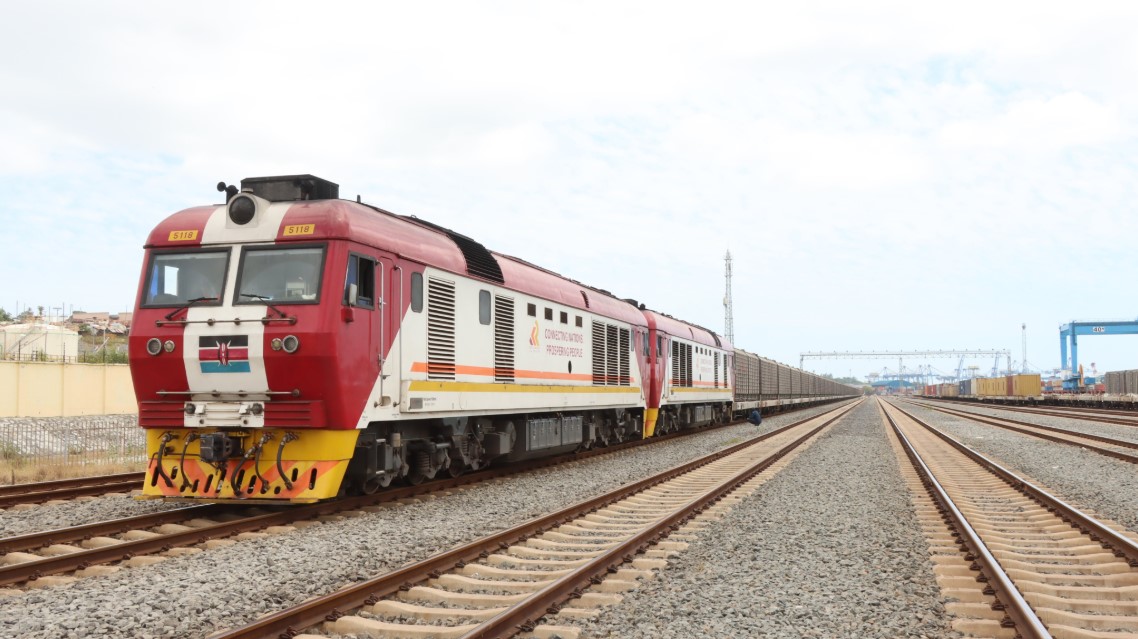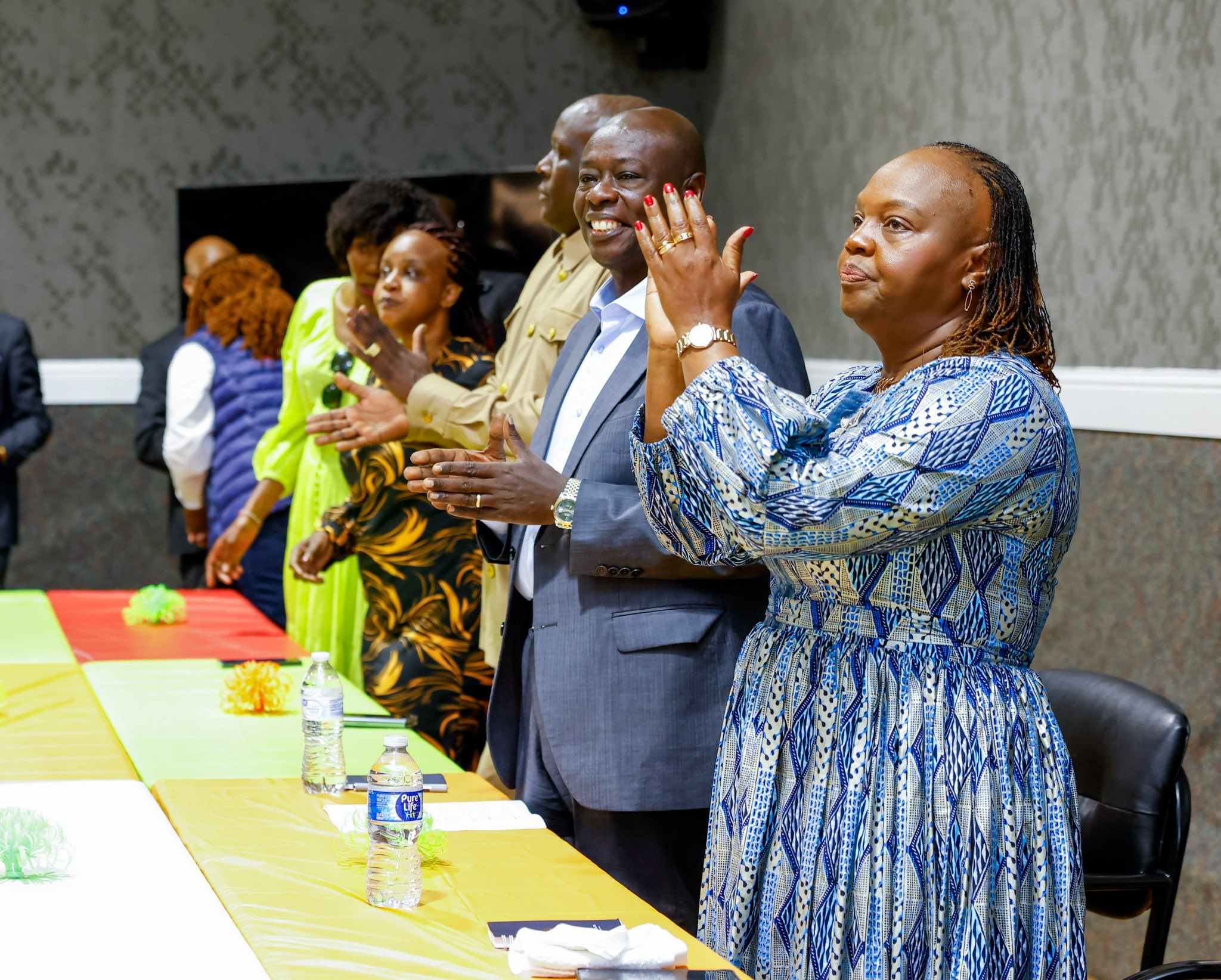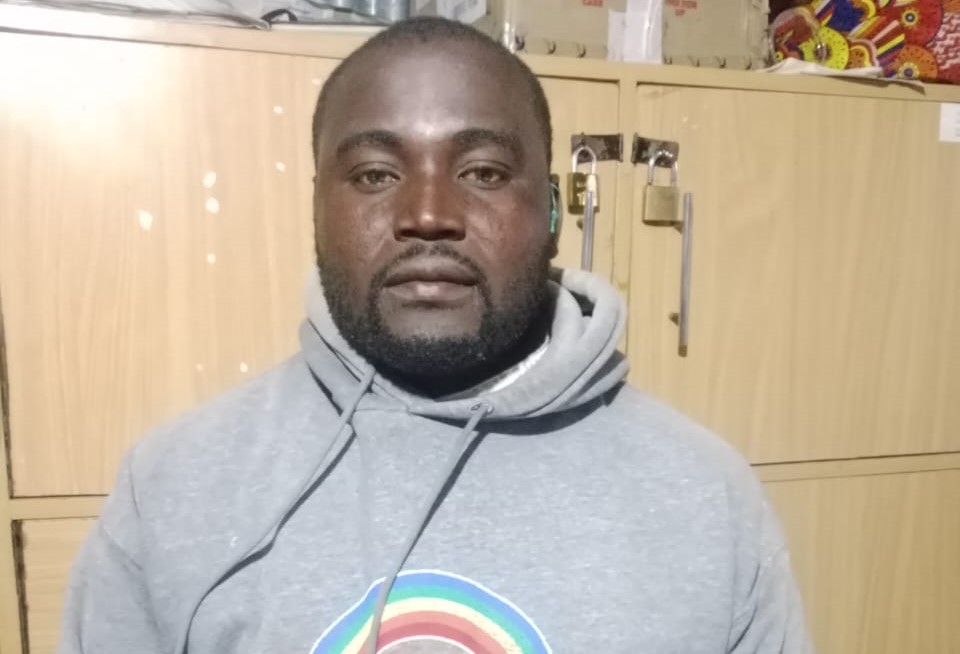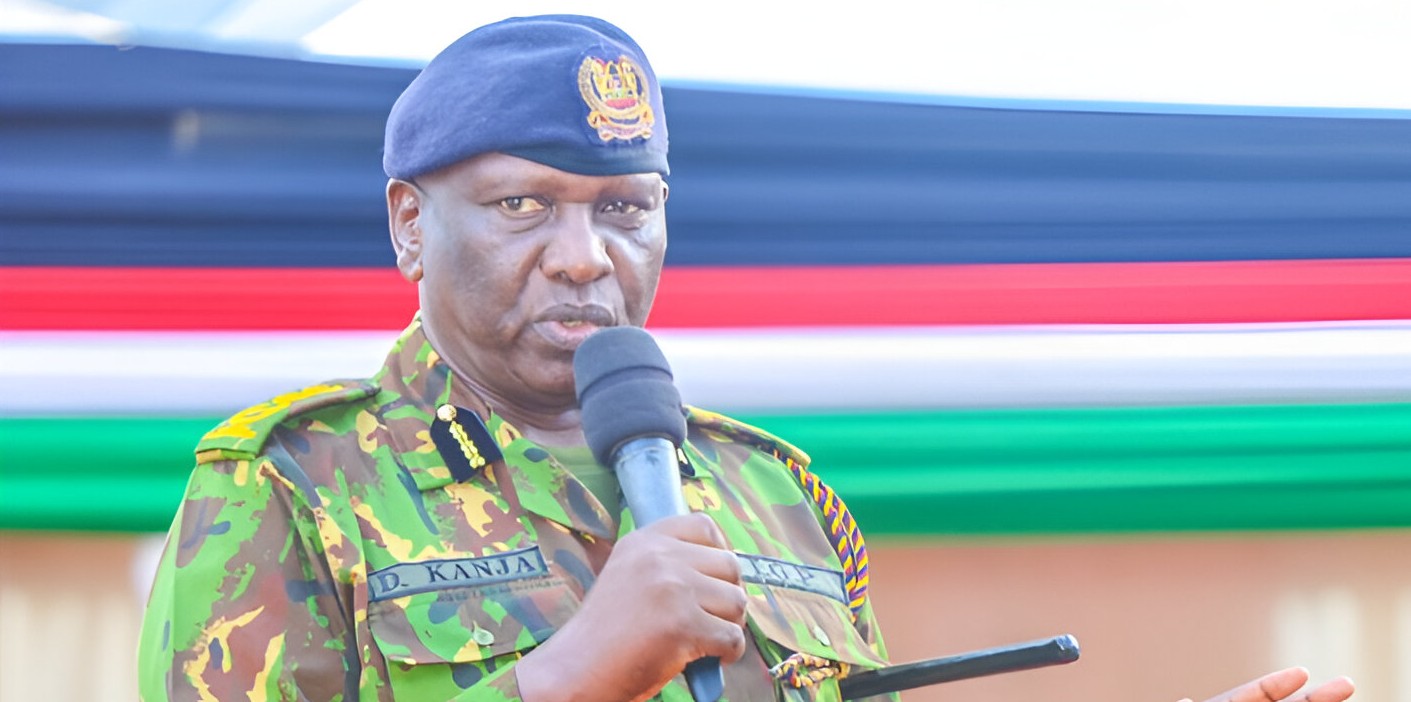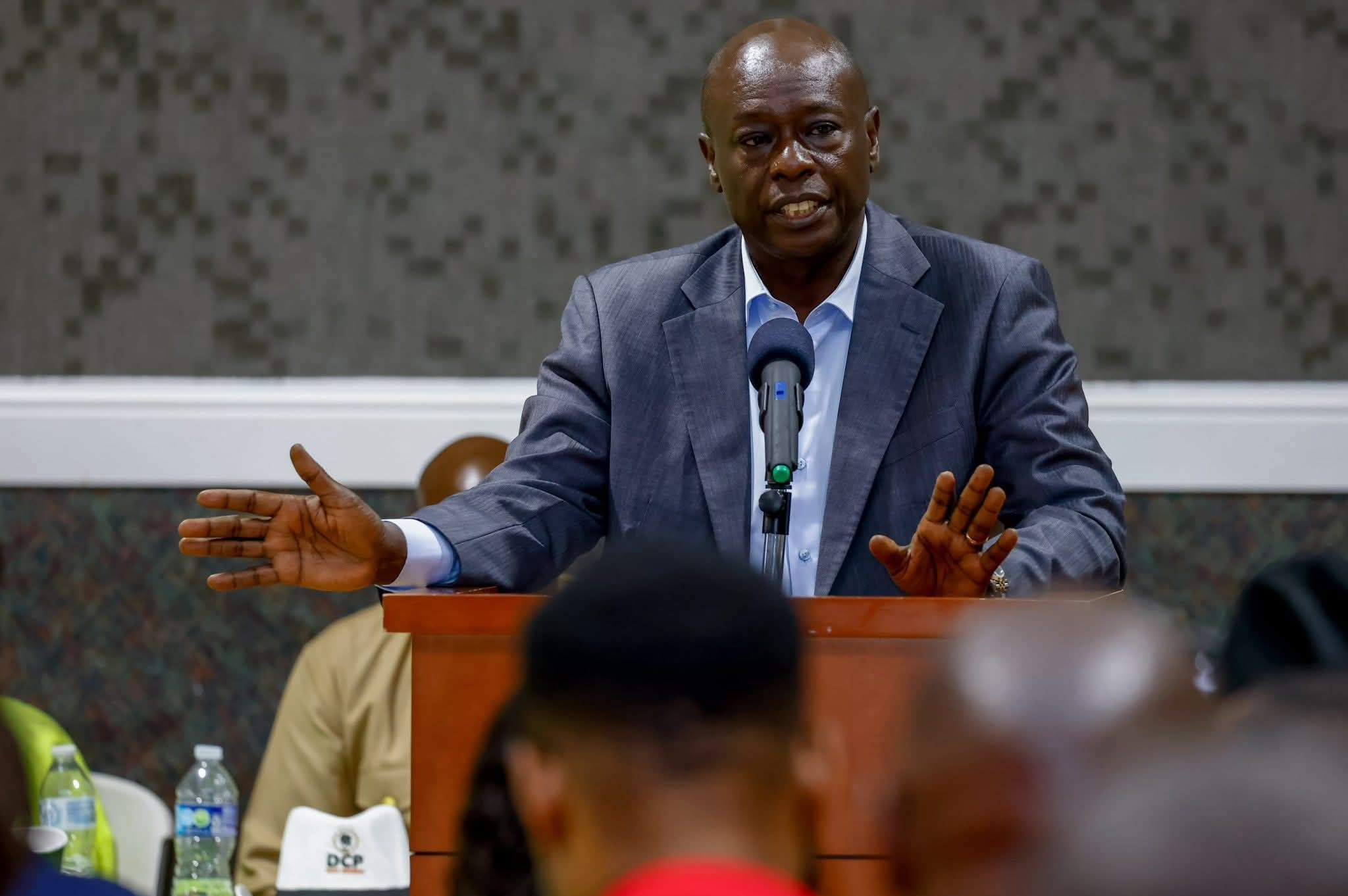Severe funding cuts force sharp scale-back of humanitarian aid in Somalia, threatening millions
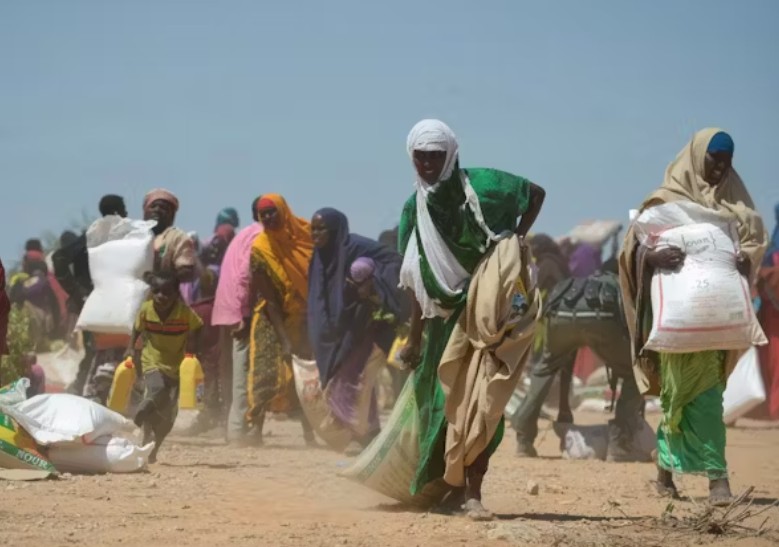
One of the hardest-hit organisations is Save the Children, which plays a vital role in delivering health and nutrition services to children across the country. The group stated that, due to a lack of funding, it will be forced to close 121 nutrition centres by June.
Humanitarian operations in Somalia are being sharply scaled back as international funding continues to decline, raising concerns for millions of people already enduring severe hardship.
The United Nations has warned that the situation could deteriorate further for communities already affected by conflict, climate-related disasters, and widespread poverty.
More To Read
- UN limits fuel stock in Gaza to life-saving efforts, urges Israel to allow fuel in without delay
- Somalia at 65: What’s needed to address its dismal social development indicators
- From displacement to dignity: Somali IDPs turn coconut waste into livelihoods
- AU Council calls on troop-contributing countries to step up Somalia security support
- Ethiopian PM Abiy Ahmed pushes for sea access, avoids war - for now
- AU Peace and Security Council meets to discuss Somalia security, AUSSOM funding
The UN Office for the Coordination of Humanitarian Affairs (OCHA) announced significant budget cuts to the 2025 Somalia Humanitarian Needs and Response Plan. Initially set at $1.4 billion, the budget has now been reduced to $367 million—a 74 per cent drop in funding. As a result, aid organisations in Somalia have lowered their targets, reducing the number of people they aim to assist from 4.6 million to 1.3 million.
One of the hardest-hit organisations is Save the Children, which plays a vital role in delivering health and nutrition services to children across the country. The group stated that, due to a lack of funding, it will be forced to close 121 nutrition centres by June. These facilities currently serve around 55,000 children, and without them, the health and safety of these children will be at greater risk.
The funding cuts follow recent decisions by several major international donors, including the United States, to freeze or delay parts of their foreign aid budgets. This has directly impacted USAID-supported programmes in Somalia and other regions.
As of the end of April, only 11 per cent of the required funding for the humanitarian plan had been secured, according to OCHA. The agency stressed that any new contributions would be used to scale up operations and reach more of those initially identified as needing assistance. However, with such a severe shortfall, aid organisations have had to rethink their approach. Many are now shifting to more localised coordination to better target areas with the most urgent needs.
Despite these adjustments, the impact of the budget cuts is already being felt. OCHA’s latest reports indicate that more than two million people are expected to face worsening conditions this year.
Access to health clinics, food distribution programmes, clean water, and sanitation services is becoming increasingly limited. Many health centres have already closed, and food aid distributions have been reduced in multiple regions.
“Due to the drastic scaling back of life-saving services, over 2 million Somalis are projected to face increased vulnerability this year,” OCHA said in a statement.
The agency also emphasised that the reduction in services does not reflect a decrease in humanitarian need. Every element of the original 2025 response plan remains essential and urgent—the changes are solely due to financial constraints, not an improvement in conditions on the ground.
Somalia continues to grapple with multiple crises, including prolonged drought, ongoing armed conflict, weak infrastructure, and climate-related disasters such as flooding. These overlapping challenges have left many communities in a precarious state, with mass displacement and lack of basic services defining daily life for millions.
The most affected groups include low-income families, internally displaced people, and rural populations with limited access to healthcare and clean water. Humanitarian workers warn that unless funding is restored or increased soon, the situation could rapidly deteriorate, putting even more lives at risk.
Top Stories Today
